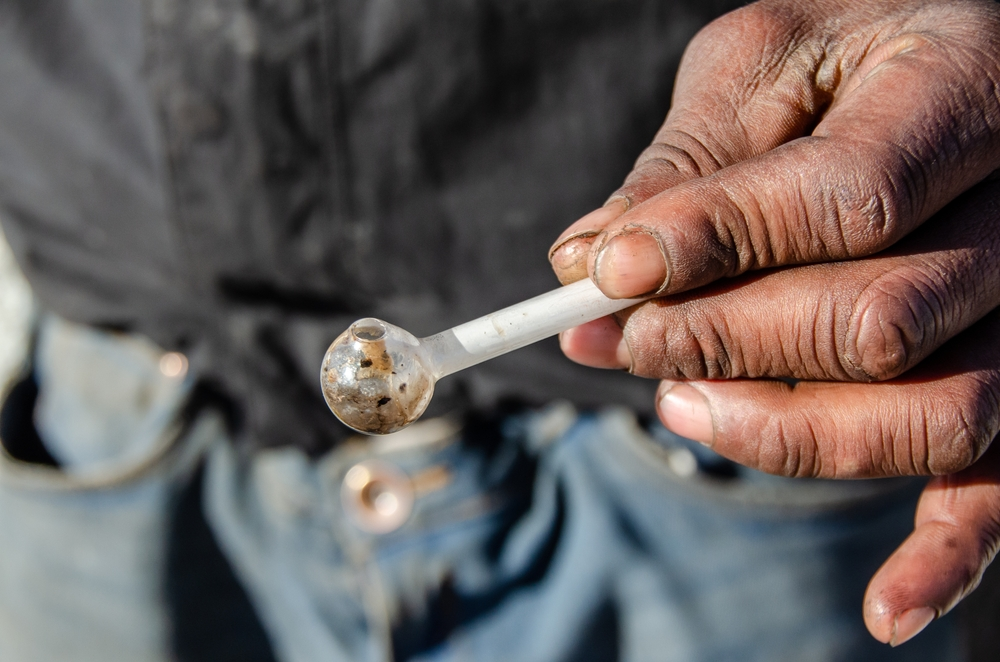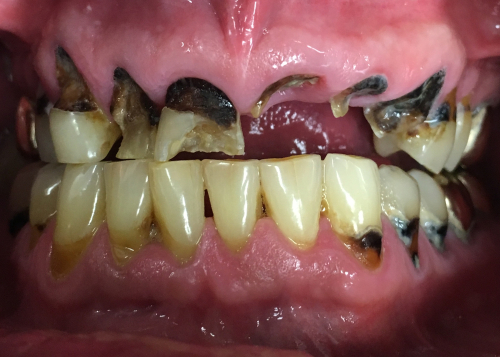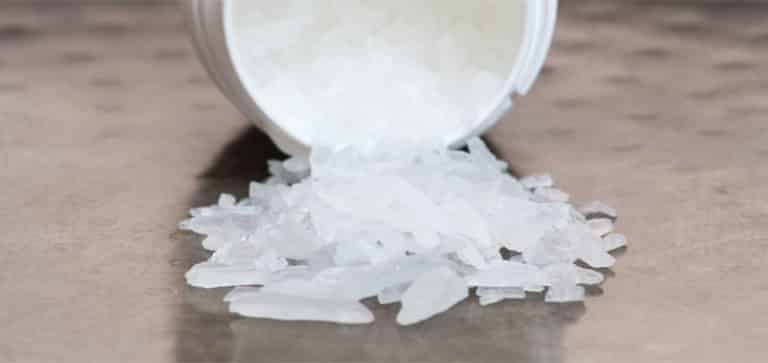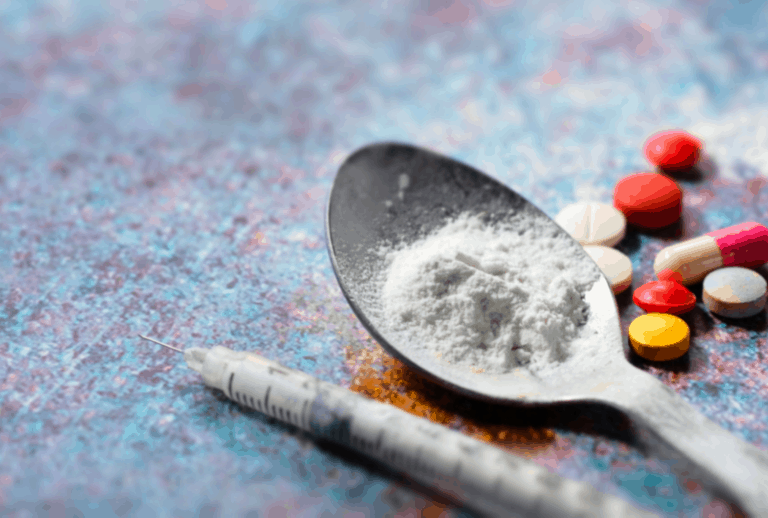If you or someone you love has used meth, you may be wondering how long does it take to get addicted to Meth and may have some concerns. Meth addiction is scary, dangerous, and lethal. Simply put, the use of meth in any amount is something to be concerned about. Whether you or a loved one is addicted or has only used meth once or twice, it’s cause for concern. Meth is a hard substance, and many who use it have used other drugs in the past. Talk to your loved one (or if you’re concerned with your own well-being, speak with a therapist) about drug use.
While some people may develop an addiction to methamphetamine after just a few uses, others may use the drug for a longer period of time before developing an addiction.

How Long Does it Take to Get Addicted to Meth?
Can You Become Addicted to Meth After One Use?
Drug addiction cannot develop after one single use of any type of drug, including methamphetamines. Substance use disorder or addiction only occurs when a person is repeatedly using a substance despite the harmful consequences attached to it. Addiction is a pattern, and therefore one cannot become addicted to Meth after one use. However, meth is extremely addictive, and those who use once may find themselves wanting to use it again. From there, repeated use is common.

Signs of Meth Addiction
If you’re asking how long does it take to get addicted to Meth, there are some signs that you should be on the lookout for. Signs of a Meth addiction include:
- Hyperactivity
- Twitching
- Facial tics
- Jerky movement
- Paranoia
- Dilated pupils
- Sudden weight loss
- Rapid eye movement
- Skin sores
- Agitation and irritability
- Burns
- Lowered appetite
- Poor sleeping patterns
- Mood swings and outbursts
You may also notice something called “tweaking” in those addicted to Meth. Tweaking occurs after a binge when a user cannot experience the same rush or high that they’re used to. Users often feel more anxious during this time and may have trouble sleeping. Other side effects associated with tweaking include hallucinations and violent behavior. During this time, users often feel desperate to use again.
The “crash” phase may also be noticeable, as it occurs directly after the high wears off. Users are extremely exhausted and depressed during this time. If you notice any of these symptoms, especially a combination of warning signs, tweaking signs, and crashing signs, it may be time to speak with your loved one about their addiction.

Long Term Effects of Meth Use
Using Meth for a long period of time can also greatly affect the body and mind. This is why it’s important to identify Meth addiction early, so addicts can get treatment as soon as possible to prevent further damage. Long time users may experience side effects that damage the body and mind, including:
- Inability to control impulses
- Concentration issues
- Trouble with daily functions
- Depression and anxiety
- Anger problems
- Sleep problems
- Psychosis
- Delusions
- Dangerous weight loss
- Gum disease
- Missing teeth
- Tooth decay
- Skin sores
- Organ damage
- Heart failure
Not only will long-term (and short-term) meth use damage your body and mind, but you may also experience other damaging effects such as the loss of financial control, homelessness, and the loss of relationships.

How to Treat Substance Use Disorder
Because meth addiction can be so damaging, it’s important to seek treatment as soon as signs of addiction are present. While one cannot become addicted to meth after only one use, it doesn’t take long for patterns to develop.
The best thing you can do is seek out professional addiction treatment. To learn more about our treatment options, call Asheville Recovery Center today. We’re eager to answer any questions you may have and help you get started on your road to recovery.





